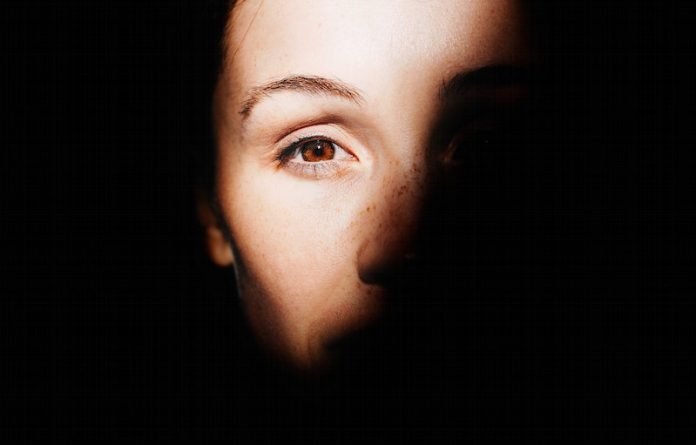
COVID-19 can cause difficulty recognizing faces and navigational problems, according to a new study by researchers at Dartmouth College.
It is widely known that COVID-19 can cause neurological problems such as the loss of smell and taste, as well as impairments in attention, memory, speech, and language known as “brain fog”.
The study is the first to report “prosopagnosia,” or face blindness, following symptoms consistent with COVID-19.
The researchers worked with a 28-year-old customer service representative and part-time portrait artist named Annie.
She was diagnosed with COVID-19 in March 2020 and suffered a symptom relapse two months later. Shortly after the relapse, Annie noticed difficulty with face recognition and navigation.
Annie recounted the time when she was at a restaurant meeting her family for the first time after having COVID-19. She didn’t recognize them, and when she walked past them again, her father called out to her.
Annie also experienced navigational deficits after having COVID-19.
She has had difficulty remembering where particular sections in her grocery store are and relies on Google maps and its pin function to remember where she parks her car.
The research team conducted a series of tests with Annie to evaluate her problems with face recognition and determine whether she also has difficulties with other perceptual or cognitive abilities.
Recognizing familiar and learning the identities of unfamiliar faces was especially challenging for Annie.
For one of the tests, Annie was sequentially presented with 60 images of celebrity faces and was asked to name them.
Afterward, she was presented with a list of the celebrities featured in the test to see if she knew them.
Annie correctly identified 29% of the 48 celebrities she was familiar with, compared to most people, who can correctly identify 84% of familiar celebrities.
The second test was a doppelganger test. Annie was shown a celebrity’s name and then presented with images of two faces: the face of a celebrity and that of someone similar, and was then asked to identify which face was the famous person.
She identified the celebrity in 69% of the 58 trials, compared to 87% in the control group.
Annie’s more limited ability to learn and then recognize unfamiliar faces was demonstrated using the Cambridge Face Memory Test.
In the test, participants learn six men’s faces and then they are asked to discriminate between the learned faces and other faces.
On average, people are usually able to identify 80% correctly, while Annie was only able to identify 56% correctly.
The team says the findings highlight the sorts of perceptual problems with face recognition and navigation that can be caused by COVID-19—it’s something that people should be aware of, especially physicians and other health care professionals.
If you care about COVID, please read studies that lung damage may persist long after COVID-19 infection, and doctors explain the mystery of long COVID.
For more information about COVID, please see recent studies that many people with long COVID get memory problems, and results showing this drug may relieve painful ‘long covid’ symptoms.
The study was conducted by Marie-Luise Kieseler et al and published in the journal Cortex.
Copyright © 2023 Knowridge Science Report. All rights reserved.



